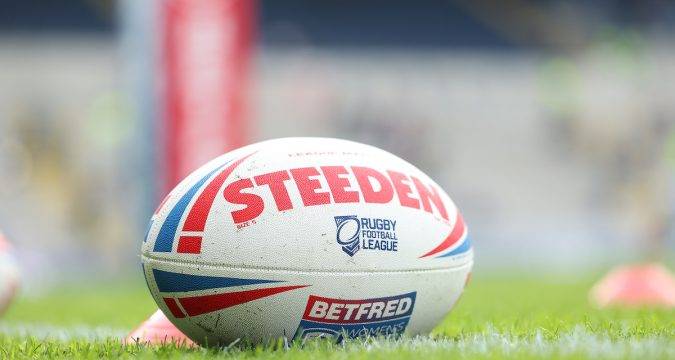
RUGBY LEAGUE is in a tricky situation as things stand.
As a large group of former players file a lawsuit against the governing body due to claims that the sport was negligent in failing to take reasonable action to protect them from serious brain injuries, rugby league is ready to fight for its present and its future.
A number of those players have been diagnosed with neurological problems including early-onset dementia and chronic traumatic encephalopathy – or CTE – such as former St Helens prop Nick Fozzard.
Initially, just 100 over former players were thought to have joined the claim, but that figure now stands at approximately 160.
For the RFL’s Director of Operations and Legal, Robert Hicks, he has explained what stage the current claim is at, how many people are involved and the belief that the sport can successfully defend itself.
“We have got a claim that is active within our sport. We are slightly behind the rugby union claim, but I can’t go into too much detail at the minute,” Hicks said on the League Express podcast.
“There is approximately 160 people in the claim and the playing years range from 1970 to 2023.
“It is in its embryonic stage so it will be basically managed in the high court by a senior master judge who will make some decisions around if the rugby league claim is separate to the rugby union and football claims which are all ongoing and are on public record as ongoing.
“We will respond to that appropriately through the courts. Anybody who has suffered a brain injury, we have a huge sympathy for.
“But we believe we can successfully defend this claim because it is based on a legal test of duty of care and we can only know what we knew at the time.
“Our changes now are not anything to do with the claim but about protecting future claims because what you know now is what you’re assessed against for people who are playing now. What we knew in 1970 will be assessed against the claims in that era.”
In terms of the sport’s insurance, Hicks believes that the RFL could well have secured long-term partners to insure the game in the future.
“Insurance is always a factor, in some ways it is the most important factor for the sport because without insurance there can be sport and we have to remember that.
“From our perspective, and it’s well broadcast the issues the sport faced in 2021, the year of a World Cup and then into 2022 and then the delayed World Cup but we secured what we believe is a long-term partner for the sport in terms of insuring it.
“They are actively involved in our brain health matters and we meet and update with them regularly with the way the sport is going.
“They know what is happening in other sports because one of those other legal tests is were you acting reasonably like other governing bodies were. They are very happy with everything we are doing to mitigate the risks that are associated with the sport.
“We will never eliminate those risks with the sport, you can’t make the sport 100 percent safe, but we can react to what we find out and we can make proportionate changes that will allow the sport to continue long-term. I think they are on board with that long-term.”
Click here to purchase a digital edition of League Express.
Click here to purchase an online edition of League Express through pocketmags.com.
Click here to listen to our new League Express Podcast.
League Express is widely available from local newsagents across the north of England.
